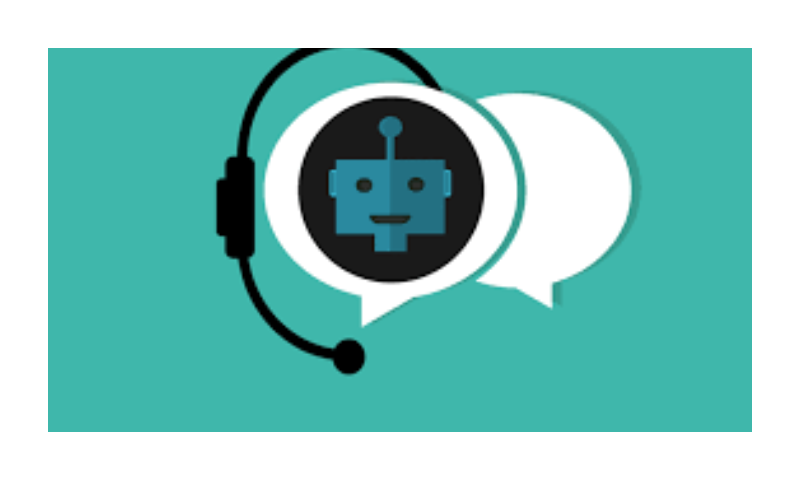Henry Kissinger, Eric Schmidt and Daniel Huttenlocher,WSJ, Feb. 24, 2023
A new technology bids to transform the human cognitive process as it has not been shaken up since the invention of printing. The technology that printed the Gutenberg Bible in 1455 made abstract human thought communicable generally and rapidly. But new technology today reverses that process. Whereas the printing press caused a profusion of modern human thought, the new technology achieves its distillation and elaboration. In the process, it creates a gap between human knowledge and human understanding. If we are to navigate this transformation successfully, new concepts of human thought and interaction with machines will need to be developed. This is the essential challenge of the Age of Artificial Intelligence.
The new technology is known as generative artificial intelligence; GPT stands for Generative Pre-Trained Transformer. ChatGPT, developed at the OpenAI research laboratory, is now able to converse with humans. As its capacities become broader, they will redefine human knowledge, accelerate changes in the fabric of our reality, and reorganize politics and society.
Generative artificial intelligence presents a philosophical and practical challenge on a scale not experienced since the beginning of the Enlightenment. The printing press enabled scholars to replicate each other’s findings quickly and share them. An unprecedented consolidation and spread of information generated the scientific method. What had been impenetrable became the starting point of accelerating query. The medieval interpretation of the world based on religious faith was progressively undermined. The depths of the universe could be explored until new limits of human understanding were reached.
Generative AI will similarly open revolutionary avenues for human reason and new horizons for consolidated knowledge. But there are categorical differences. Enlightenment knowledge was achieved progressively, step by step, with each step testable and teachable. AI-enabled systems start at the other end. They can store and distill a huge amount of existing information, in ChatGPT’s case much of the textual material on the internet and a large number of books—billions of items. Holding that volume of information and distilling it is beyond human capacity. …SOURCE


